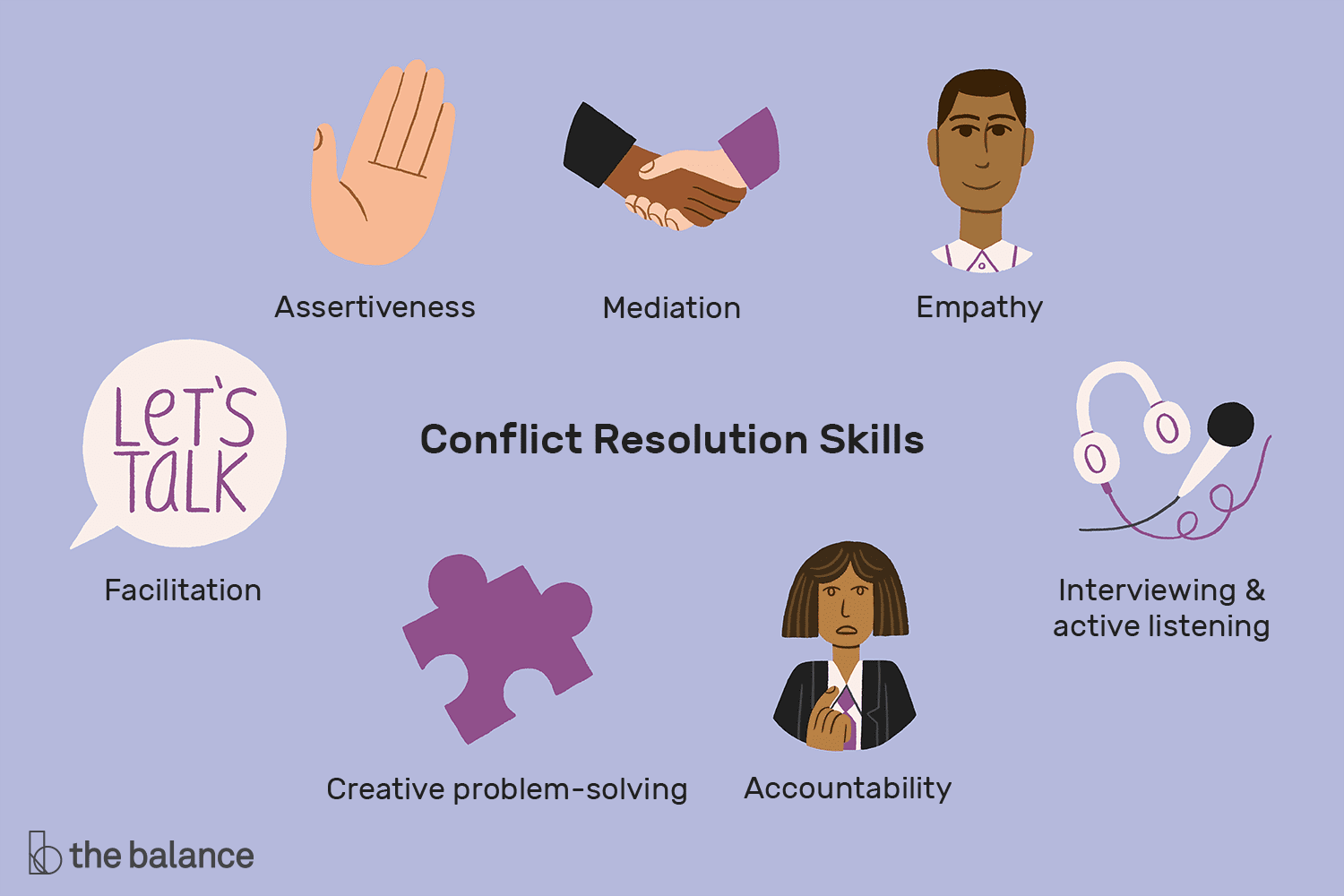Facilitation often involves having to facilitate groups in conflict.
What is Conflict?
The term “conflict” comes from the Latin, signifying confrontation. We tend to use the word as a synonym for argument, difference of opinion, war or battle. The word has broad meanings, most of which are negatively connoted. A conflict - whether international dispute or war, or confrontation of a pair of siblings - is often considered along the lines of a threat to the status-quo that should be avoided at all costs.
Conflicts are split into two categories (see iceberg model). Above the surface, the conflict of differing interest can be regulated according to objective criteria and deliberation. Below, in the murky waters of differing values, beliefs and feelings, the conflicts tend to be so complex, that the effectiveness of normal group facilitation methods is soon exhausted. In the concrete conflict situation, the facilitator also has trouble differentiating between the conflict levels and some conflicts take place somewhere in between.
Click here to view a video that explains the conflict resolution.
Spectrum of Conflict Regulation

Questions to Ask when Conflict Arises in a Group Facilitation Process
- Is the current process able to cope with the regulation of this conflict?
- Can interests be involved in the conflict regulation?
- Are there real chances to regulate the conflict?
The Harvard Concept of Conflict Resolution
- Separate persons from problems (be hard on issues, soft on people).
- Concentrate on interests rather than positions.
- Develop a broad range of different options for solution.
- Decide according to objective criteria.
- Conduct a fair negotiation process.
- Promote open and trusting communication.
- Ensure a balance of interests between the conflict parties.
- Create “win-win” situations: No-one can leave the process without feeling he/she has the best possible solution tucked in his/her pocket!
Click here to view a video that explains the Harvard Principles of Negotiation.
